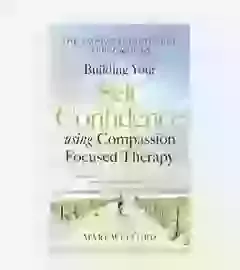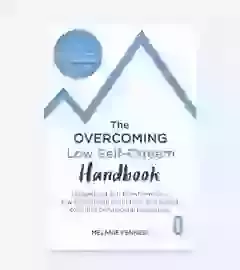How is Low Self-Esteem manifested?
At the heart of your self-esteem are your core beliefs about the kind of person you are. If you have low self-esteem these beliefs will be mainly negative, and negative beliefs are expressed in many ways. In your thoughts about yourself, you're likely to be self-critical, self-blaming and self-doubting, and focus on your weaknesses rather than your positive qualities. The beliefs will affect your behaviour: you may avoid challenges and opportunities, be continually apologetic, or find it difficult to be assertive. They can have an impact on your emotions, generating sadness, guilt, shame, frustration or anger. This might be reflected in your physical state, making you feel fatigued or tense.
Such beliefs can influence many aspects of your life:
- At work, you may consistently underperform - or, conversely, be rigorous in your perfectionism, driven by fear of failure
- In your personal relationships, you may suffer from terrible self-consciousness, oversensitivity to criticism or disapproval, or excessive eagerness to please. Some people with low self-esteem, on the other hand, try to be always in control or always put others first, thinking that if they don't then no one will want to know them
- In your leisure time, you might avoid any activity where there is a risk of being judged, or perhaps simply feel that you don't deserve to relax and enjoy yourself
- You might not take proper care of yourself, for example refusing to rest when you feel ill, or drink excessively or use drugs
The effect that low self-esteem has on people depends on the role that it plays in their lives. Sometimes it is an aspect of current problems, such as depression. People who are clinically depressed almost always see themselves in a negative light. If your low opinion of yourself started with the onset of depression, then the first priority should be to treat the depression in its own right. This could restore your confidence in yourself without the need to directly address your self-esteem. Alternatively, low self-esteem may be a result of something else that's causing you distress - such as relationship difficulties, anxiety problems or chronic illness. In this case, tackling the root problem may be the best way of solving your low self-esteem. However, it may be that low self-esteem is making you vulnerable to other problems. These could include depression, suicidal thoughts, eating disorders or social anxiety, among others. If this is the case, then unless your low self-esteem is tackled you'll remain vulnerable to similar problems in future.



















